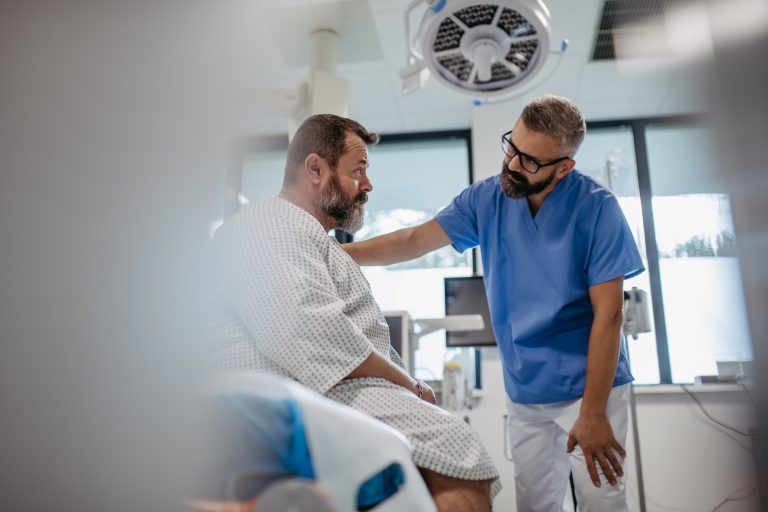What is Failed Back Surgery Syndrome?
Failed back surgery syndrome, also known as FBSS, is an unfortunately common condition that affects many individuals who have undergone spine surgery. FBSS is typically characterized as intense chronic pain that does not go away on its own. Patients may recognize that they have this condition if they continue to experience chronic pain weeks after undergoing spine surgery. A spine surgery can fail for different reasons, but is most commonly the result of an incorrect diagnosis, nerve damage, or surgeon error.
FBSS is one of the most frustrating conditions because it is for the most part avoidable, but once a patient has it, it can be difficult to correct. Most of the time, patients who develop failed back surgery syndrome are less than likely interested in immediately considering additional surgery. Treatment for FBSS typically begins with a combination of physical therapy and medication. Depending on the success of this treatment plan, patients may continue on it or consider other/additional avenues.
At BEST Health System, we understand how difficult it can be when managing a new diagnosis. Therefore, our team is dedicated to helping patients manage their symptoms and working with them to create a plan to achieve lasting relief. Our team believes that patient education is vital for successful relief, which is why our patients are always at the center of their treatment plans.
Symptoms of Failed Back Surgery Syndrome
Failed back surgery syndrome can manifest a unique variety of symptoms that can be very uncomfortable for patients. Unfortunately, many of the symptoms will reflect those that encouraged the patient to undergo the failed procedure in the first place, but with heightened intensity. For this reason, it is important that patients are mindful of their bodies, how they feel, and can articulate any uncomfortable sensations.
In general, patients with failed back surgery syndrome may experience the following symptoms:
- Limited mobility
- Sharp or stabbing pain in the back
- Numbness radiating into the legs
- Back spasms
- Depression or anxiety
Each patient’s condition is unique, meaning different individuals will experience different symptoms. However, regardless of your symptoms, it is important to promptly consult your surgeon and gather multiple opinions so you can engage in therapies to improve your symptoms.
Three Steps to Relief
If you suspect that you have failed back surgery syndrome, you should not feel alone. Unfortunately, this is a very common condition that an estimated 10-40% of patients who undergo spine surgery experience. Read on to learn about how the doctors at BEST approach treatment with an FBSS patient.
1. Assessment and Diagnosis
The first step of treatment for FBSS is to assess the patient’s symptoms and work toward a diagnosis based on a combination of imaging and physical examinations. This is perhaps the most important step of treatment because a detailed diagnosis can help doctors suggest the most effective treatment plan.
2. Exploration of Alternative Treatments
After being diagnosed with failed back surgery syndrome, patients will likely consider undergoing a series of conservative treatments. These treatments emphasize helping patients regain function after surgery, improve comfort, and manage pain. This often consists of physical therapy, pain medications, acupuncture, and other nonsurgical methods.
3. Collaborative Treatment Plan
A collaborative treatment plan for FBSS is essential, involving a multidisciplinary team of specialists such as pain management physicians, physical therapists, psychologists, and surgeons working together to address the diverse needs of the patient. T
BEST Health System
BEST Health System is a modern healthcare brand offering advanced care to patients with chronic conditions. We work closely with clinics around the U.S. to make nerve-related pain relief treatments more accessible. If you have tried various treatments but haven’t yet found relief, consider spinal cord stimulator treatment. This is a modern therapy that prevents nerve pain signals from reaching the brain. At BEST, we offer trials so patients can see if these devices are a good fit for them.
Visit our locations page to find a clinic near you.
